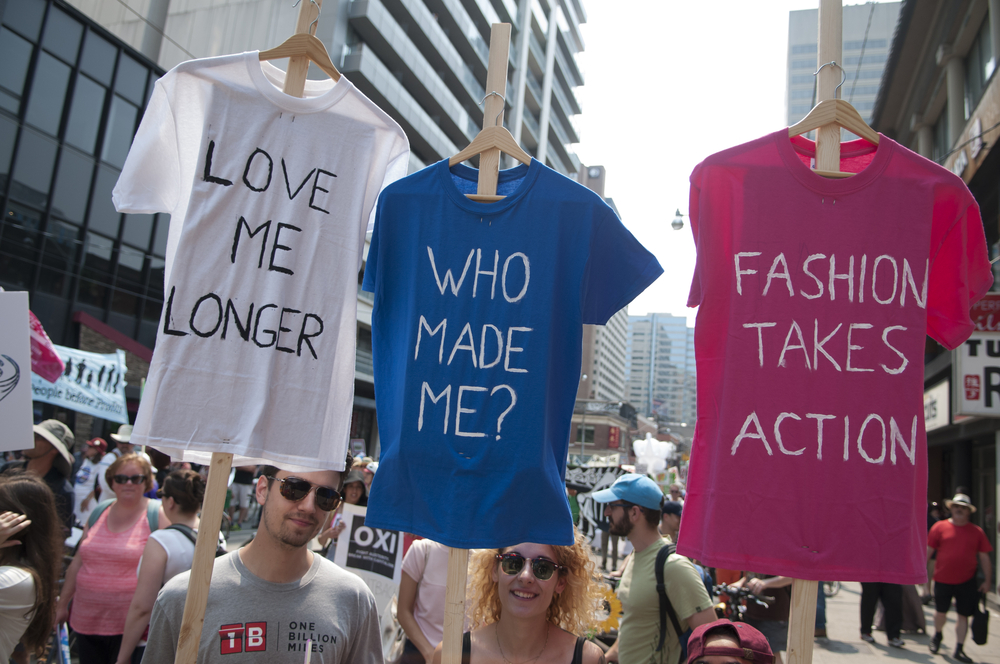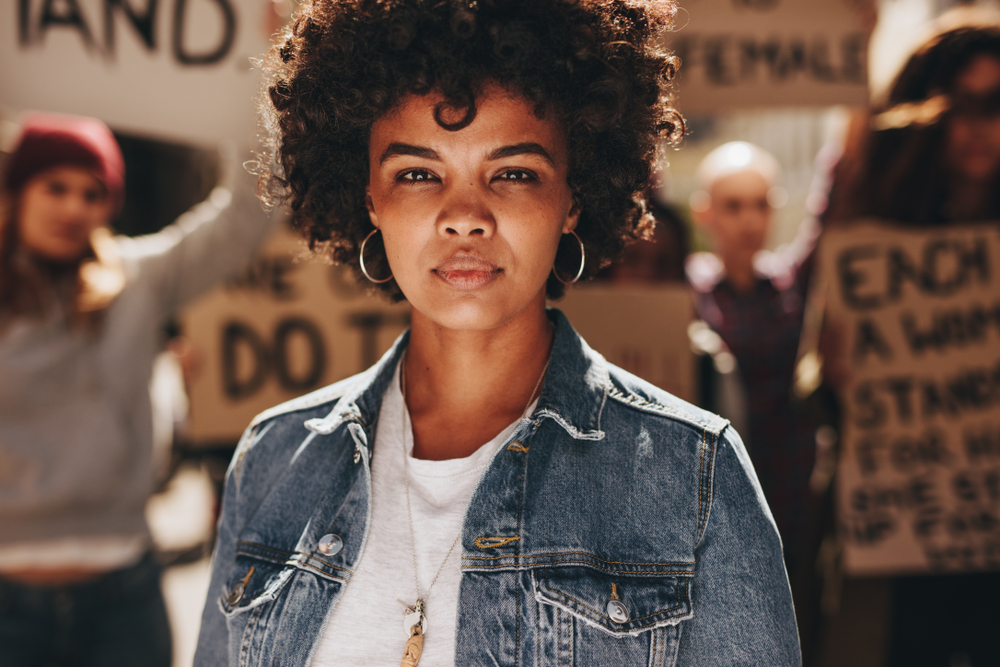The fast-paced, globally connected world of today has made fashion a potent vehicle for social change and individual expression. Beyond just aesthetic purposes, clothing has evolved into a vehicle for expressing one’s opinions, values, and concerns. On the other hand, activism aims to address urgent concerns and bring about constructive societal transformations. When activism and fashion come together, they make for a powerful mix that empowers people to make provocative comments and spread awareness of crucial issues. This article examines the strong connection between activism and fashion, emphasizing how clothing can be a tool for bringing about social and political change.
Fashion as a Form of Activism
Historically, protests, petitions, and open rallies have been connected to activism. However, fashion provides a distinctive platform for activism that enables people to consistently express their values. Activism can be sparked by activists dressing in a way that upholds their principles. By doing so, they can challenge social norms and motivate others to take action.
- Political Statements: Using clothing as a platform to advocate for change and convey one’s political beliefs. T-shirts with political slogans, hats with insignia, and accessories with political messaging become eye-catching visual statements that deliver strong messages. Fashion serves as a physical embodiment of political views, from feminism to environmental activism.

- Cultural Appreciation and Representation: Fashion can be used to celebrate many cultures and advance inclusivity. This is known as cultural appreciation and representation. Designers and individuals can embrace cultural awareness and promote intercultural understanding by adopting traditional clothing, patterns, or motifs from various nationalities. Fashion may also subvert conventional notions of beauty by supporting a variety of body types, sizes, and abilities.
- Fashion Sustainability: With growing worries about how the fashion industry affects the environment, fashion sustainability has become a potent form of activism. People can express their opposition to rapid fashion and advance-conscious consumption by wearing apparel that has been ethically and environmentally created. Fair labor practices, waste reduction, and carbon footprint reduction are all goals of sustainable fashion.
Fashion Movements and Impact
A number of fashion movements and campaigns have successfully fused activism with fashion to bring about significant change:
- The Black Lives Matter Movement: The fashion industry responded by endorsing the Black Lives Matter movement’s message after the sad deaths of Black people at the hands of police violence. Designers infused themes of unity and inclusivity into their lines, and shoppers supported them by donning apparel bearing slogans like “Black Lives Matter” and “Say Their Names.” This racial justice movement’s demands were amplified and brought more attention because of this fashion activism.
- LGBTQ+ Rights: For many years, members of the LGBTQ+ community have fought for equal rights by expressing themselves via fashion. To signify support for LGBTQ+ rights, the rainbow flag, a symbol of pride, has been incorporated into apparel and accessories. Models from a variety of backgrounds frequently appear in fashion campaigns and shows, displaying the strength and beauty of the LGBTQ+ community.

- Campaigns to Promote Sustainable Fashion: Many organizations and designers have started campaigns to advocate for sustainable fashion. For instance, the “Fashion Revolution” movement urges transparency and ethical business practices by encouraging customers to inquire about brands’ supply chains. Fashion activists have been successful in bringing attention to the negative social and environmental effects of the fashion industry and promoting more responsible practices through initiatives like these.
A potent force for change has been created as a result of the fusion of activism and fashion. Individuals can express themselves through their attire, which also serves as a vehicle for bringing up critical social issues. Fashion activism has the power to influence public opinion and motivate action through political declarations and sustainable fashion movements. The incorporation of activism may make sure that clothing continues to be a vehicle for empowerment and good societal change as the fashion industry develops.

